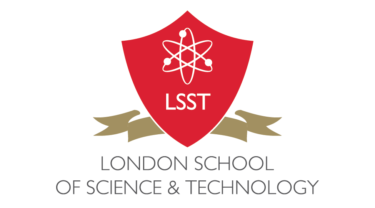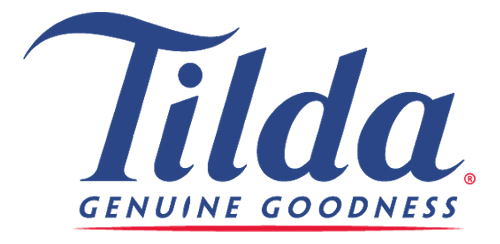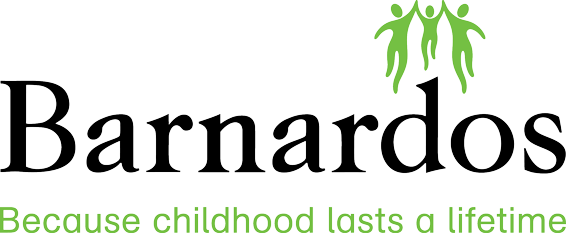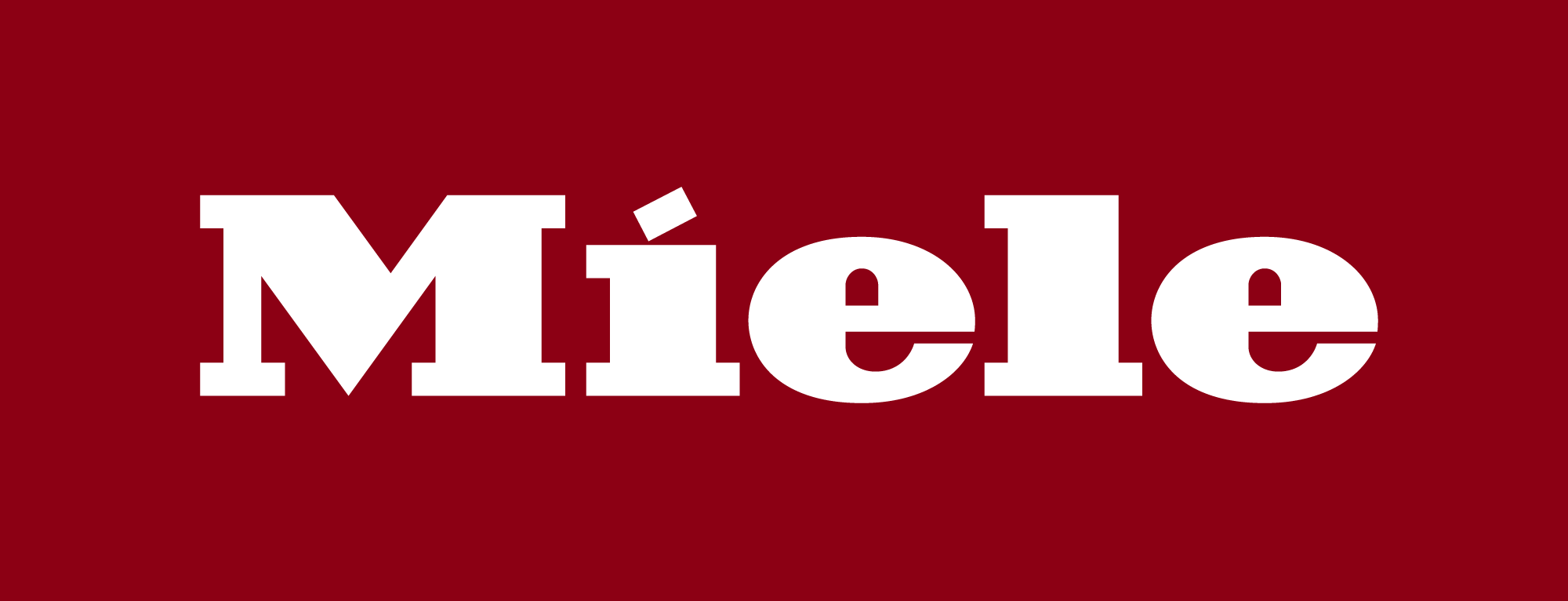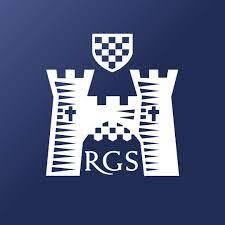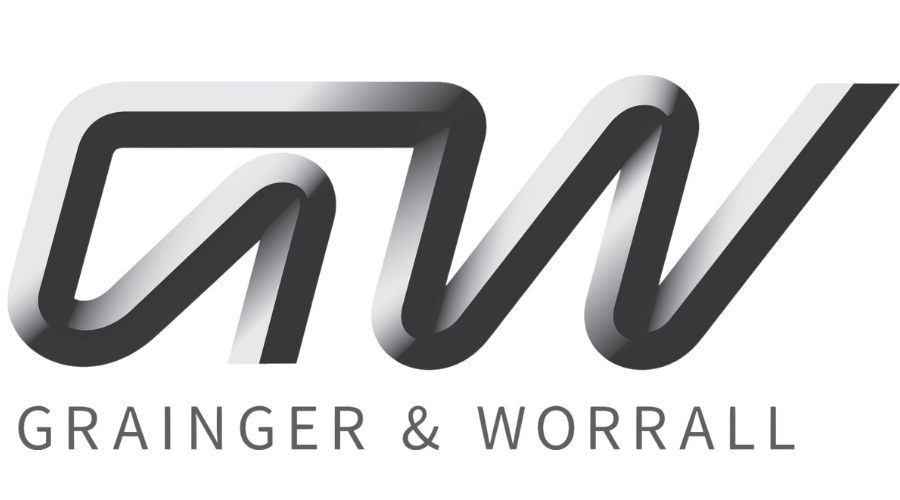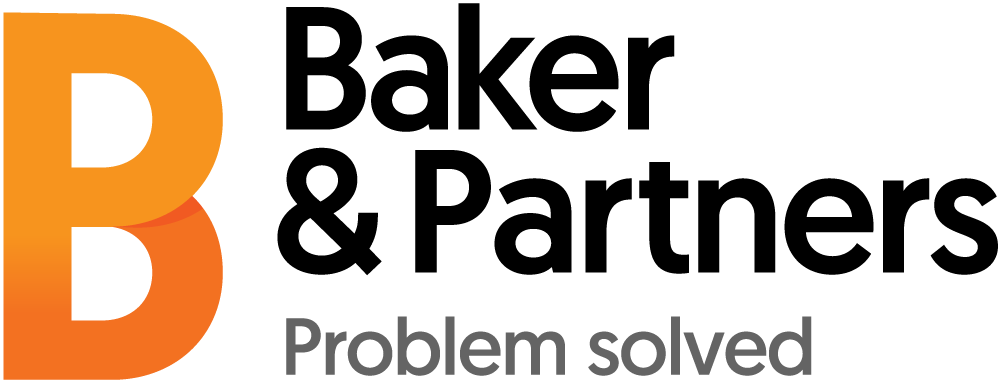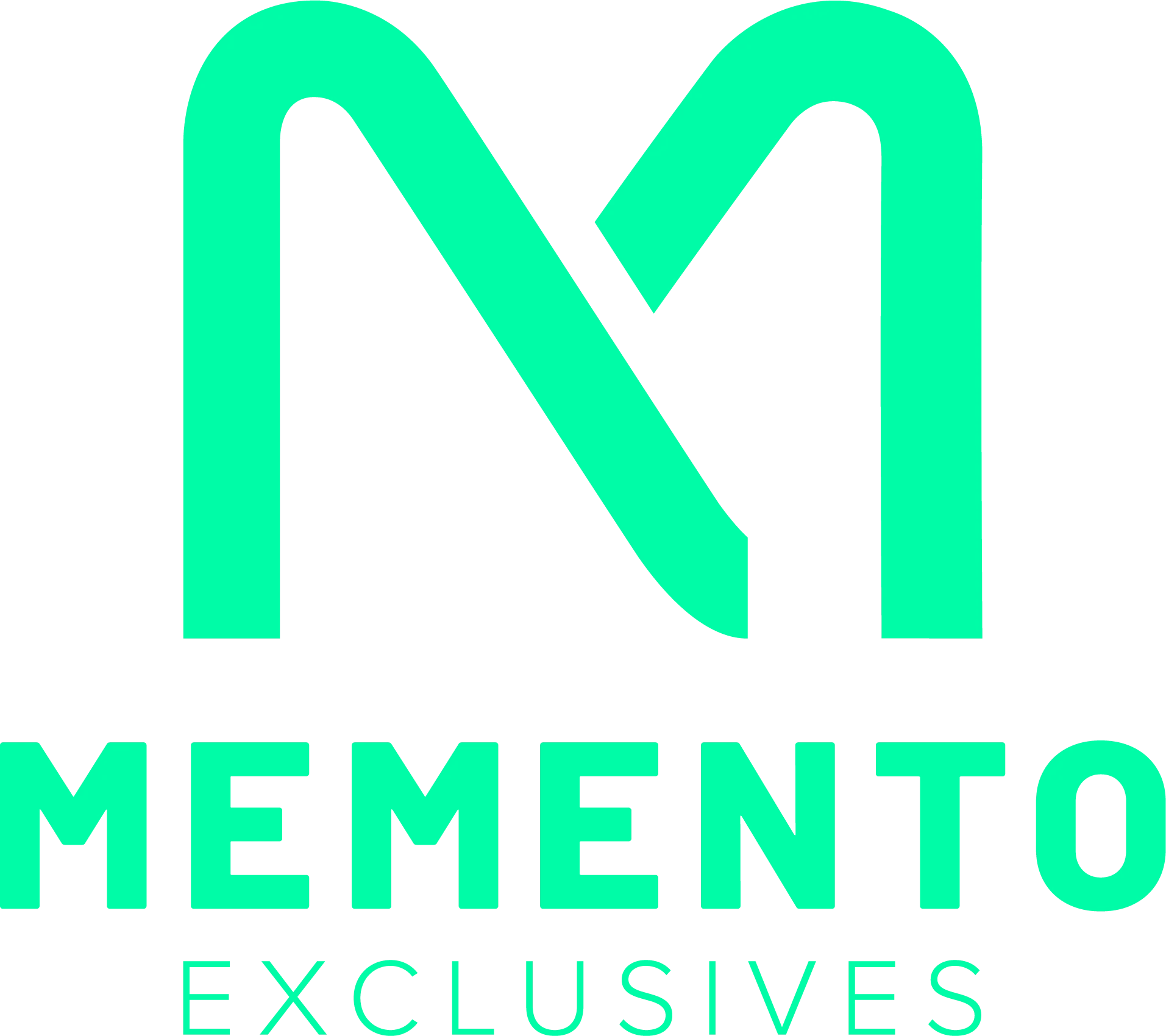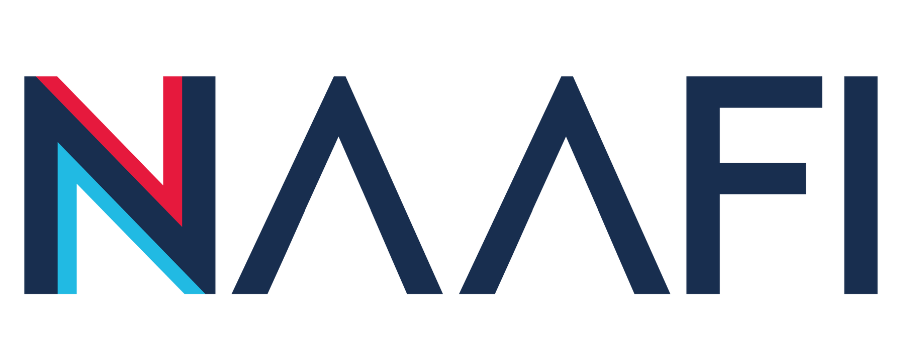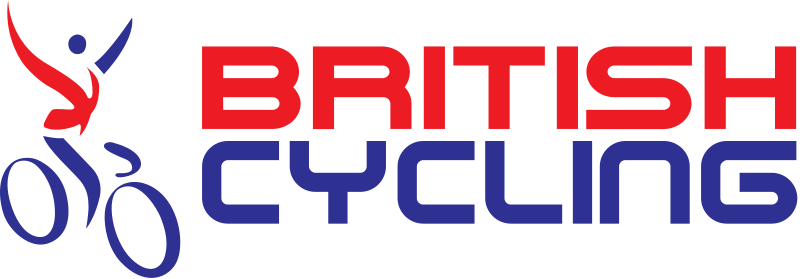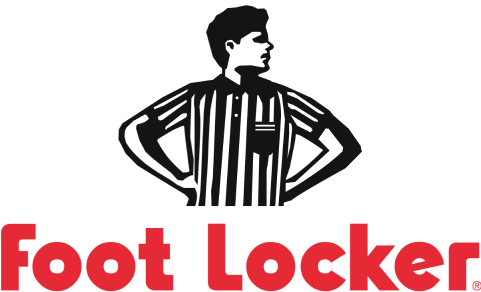HR Best Practices for Managing Multi-Generational Workforces
In today's workplace, it's not uncommon to find multiple generations working side by side. This generational diversity can bring a wealth of knowledge, experience, and perspectives, but it also presents unique challenges for HR professionals. Managing a multi-generational workforce effectively requires understanding the distinct needs and preferences of each generation, from Baby Boomers to Generation Z. Here are some best practices for HR to foster a harmonious and productive environment for all employees.
1. Embrace Diversity and Inclusion
Creating an inclusive workplace culture that values diversity is essential for managing a multi-generational workforce. HR should promote policies and practices that encourage respect and collaboration among employees of different ages. This can include diversity training programs, mentorship opportunities, and team-building activities that highlight the strengths and contributions of each generation.
2. Tailor Communication Strategies
Different generations tend to prefer different communication styles and channels. For example, Baby Boomers might favour face-to-face meetings or phone calls, while Millennials and Gen Z might prefer emails, instant messaging, or collaboration tools. HR should implement a variety of communication methods to ensure that all employees feel informed and engaged.
3. Offer Flexible Work Arrangements
Flexible work arrangements, such as remote work, flexible hours, and job sharing, can benefit employees across generations. While younger employees might appreciate the work-life balance these arrangements provide, older employees might value the ability to transition into retirement gradually. HR should develop flexible work policies that meet the needs of a diverse workforce.
4. Provide Continuous Learning and Development
Each generation has different learning preferences and career development goals. HR should offer a range of training and development programs that cater to these varied needs. For example, Baby Boomers might appreciate workshops on leadership and mentoring, while Gen Z might prefer online courses and interactive learning experiences. Creating a culture of continuous learning can help bridge generational gaps and foster mutual respect.
5. Recognize and Reward Contributions
Recognition and rewards play a crucial role in employee motivation and satisfaction. However, what motivates one generation might not work for another. HR should implement a recognition program that acknowledges individual and team achievements in ways that resonate with all employees. This could include formal awards, public recognition, professional development opportunities, or even simple gestures like personalised thank-you notes.
6. Foster Cross-Generational Collaboration
Encouraging collaboration between generations can lead to innovative solutions and a stronger team dynamic. HR can facilitate cross-generational collaboration through mentorship programs, mixed-age project teams, and knowledge-sharing sessions. By leveraging the unique skills and experiences of each generation, organisations can create a more dynamic and resilient workforce.
7. Address Generational Stereotypes and Biases
Generational stereotypes and biases can hinder collaboration and productivity. HR should actively work to dispel these myths by promoting a culture of understanding and respect. This can include training sessions on unconscious bias, open forums for discussing generational differences, and policies that promote fair treatment and opportunities for all employees.
8. Leverage Technology to Bridge Gaps
Technology can be a powerful tool for bridging generational gaps and enhancing workplace collaboration. HR should invest in user-friendly tools and platforms that facilitate communication, project management, and remote work. Additionally, providing training on new technologies can help ensure that all employees, regardless of age, feel confident and capable in using these tools.
Managing a multi-generational workforce requires a thoughtful and strategic approach that values the unique contributions of each generation. By embracing diversity, tailoring communication, offering flexibility, promoting continuous learning, recognising achievements, fostering collaboration, addressing biases, and leveraging technology, HR can create an inclusive and productive work environment. HealthBoxHR supports these best practices by providing a comprehensive HR platform that meets the diverse needs of today's workforce, ensuring that all employees can thrive and contribute to organisational success.





